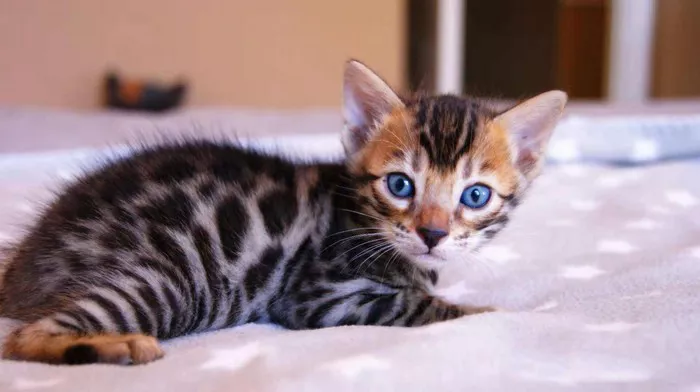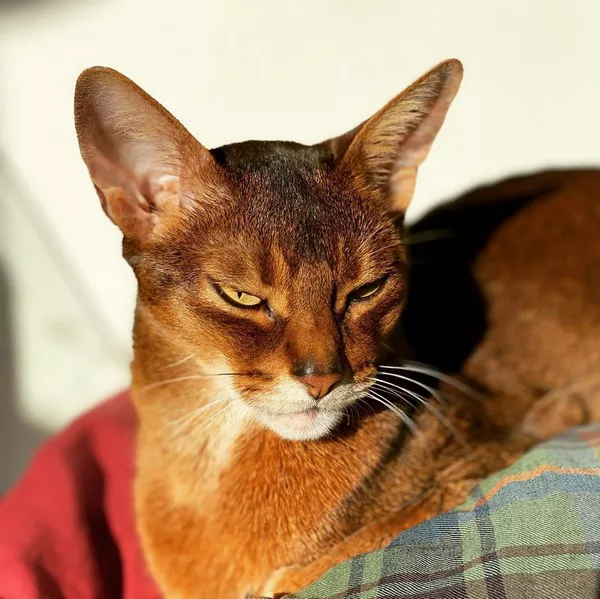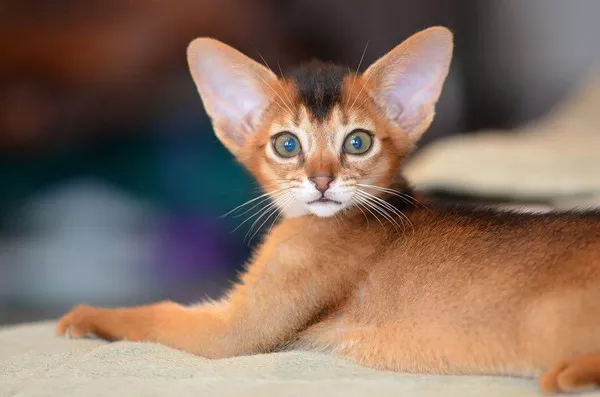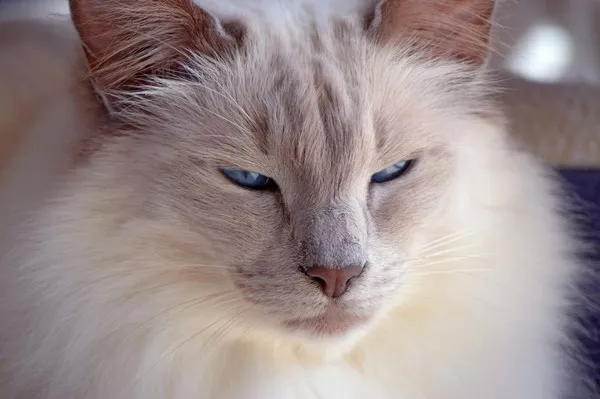Bengal cats are a popular breed of domestic cats with distinctive markings resembling those of their wild ancestors, the Asian Leopard Cat. These cats have been selectively bred for over 50 years to combine the exotic look of a wild cat with the temperament of a domesticated feline. One question that many prospective Bengal cat owners ask is, “How long do domestic Bengal cats live?” In this article, we will explore the factors that affect the lifespan of Bengal cats and provide an answer to this important question.
Genetics
Like all living creatures, genetics plays a significant role in the lifespan of Bengal cats. The average lifespan of a domestic cat is around 12-16 years, but Bengal cats have been known to live up to 20 years or more. However, not all Bengal cats will live this long, as some may inherit genetic health problems that can shorten their lifespan.
To increase the chances of a longer lifespan, it’s essential to choose a reputable breeder who prioritizes health testing and responsible breeding practices. When selecting a Bengal cat, be sure to ask the breeder about the health of the cat’s parents and any health issues that may run in the cat’s family.
Diet
Proper nutrition is crucial for maintaining good health and longevity in Bengal cats. A well-balanced diet that meets the cat’s nutritional needs can help prevent obesity, diabetes, and other chronic health conditions that can shorten a cat’s lifespan.
Bengal cats are obligate carnivores, meaning they need a meat-based diet to thrive. A diet that consists of high-quality protein sources, such as lean meat, fish, and poultry, can help keep a Bengal cat healthy and active throughout its life. Additionally, it’s essential to avoid overfeeding or feeding a cat too many treats, as this can lead to obesity and related health problems.
Exercise
Regular exercise is also important for maintaining good health and longevity in Bengal cats. These cats are known for their high energy levels and love of play, so providing them with plenty of opportunities to run, jump, and climb can help keep them physically fit and mentally stimulated.
Interactive toys, scratching posts, and climbing trees are all great ways to provide a Bengal cat with the exercise and enrichment they need to stay healthy and happy. Additionally, regular playtime with their human family members can help strengthen the bond between cat and owner while providing the cat with much-needed stimulation and exercise.
Healthcare
Regular veterinary care is essential for maintaining good health and longevity in Bengal cats. Annual wellness exams, vaccinations, and parasite prevention are all important aspects of routine healthcare that can help prevent or detect health problems early on.
Additionally, it’s important to monitor a Bengal cat’s health and behavior closely and seek veterinary care promptly if any concerning symptoms arise. Common health issues that may affect Bengal cats include dental disease, urinary tract infections, and digestive problems.
Environmental Factors
Environmental factors can also have an impact on the lifespan of Bengal cats. Like all cats, Bengal cats thrive in environments that are safe, comfortable, and free from stress. Exposure to toxins, such as household chemicals or plants that are poisonous to cats, can shorten their lifespan.
Additionally, living in an environment with high levels of noise, activity, or other stressors can cause a cat to become anxious or depressed, which can lead to a range of health problems.
Conclusion
In conclusion, the lifespan of a domestic Bengal cat can vary depending on a variety of factors, including genetics, diet, exercise, healthcare, and environmental factors. While some Bengal cats may live up to 20 years or more, others may experience health problems that can shorten their lifespan.
By choosing a reputable breeder, providing a well-balanced diet, regular exercise and veterinary care, and ensuring a safe and stress-free environment, you can increase the chances that your Bengal cat will live a long and healthy life. With proper care and attention, these beautiful and exotic cats can provide years of love and companionship to their human families.



























